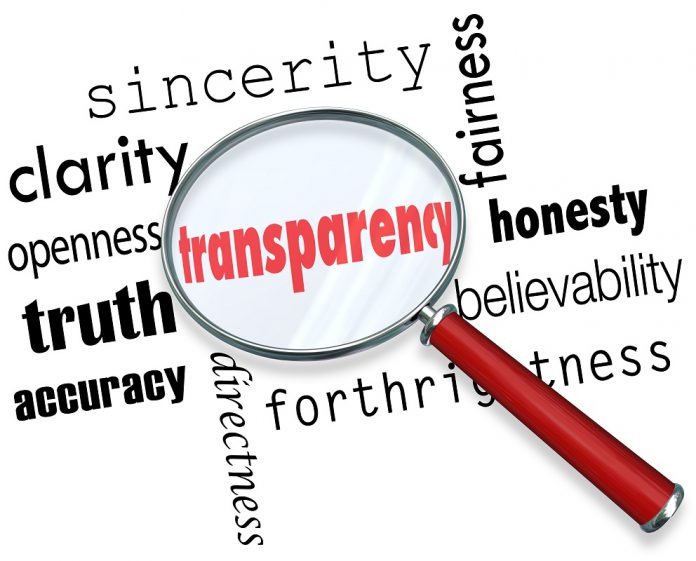by constructaquote - 1 June 2016


When it comes to business insurance, we understand that the policy wordings and language can put you right off; Indemnity, retroactive date and exclusions? No. Thank you.
As a company we believe in being honest, transparent and getting straight to the point. If you’re not sure about some of the wording, how can you be sure that you’re getting the right cover for your business?
We prefer to be open with our customers and promise to never bamboozle you with big words.
Check out our jargon-busting business insurance glossary below:
The name of a document that sets out any agreed alterations to a contract of insurance.
This type of policy provides cover up to the maximum level of cover for each individual claim made during the life of a policy.
The total amount payable for all claims made during the period of insurance.
A broker acts as an independent consultant, negotiating, finding and even selling insurance cover.
Cover that will replace your lost income as a result of an event that interrupts your business operations.
A formal request to an insurer asking for payment or compensation based on the terms of the policy.
The term used to describe the amount of risk or liability that you’re insured for.
A formal change or add-on to an existing insurance policy.
This is the pre-agreed amount you will be expected to pay if you need to make a claim on your policy.
Slightly different to “Excess” – Excess layer provides the “insured” with an extra layer of protection. It is a policy you can purchase alongside a standard policy which increases the total limit of your overall liability cover. I.e. you can increase your overall cover from £5 million liability to £10 million. This is ideal when procuring larger contracts of work.
There are certain risks that won’t covered by your insurance policy as standard. You should always speak to your broker about exclusions to make sure you have the correct level of cover. You can usually purchase extra coverage for further protection against certain excluded risks.
The date from which, under the terms of the policy, an insurer is covered or ‘at risk’.
A means of providing financial compensation sufficient to place the insured in the same financial position after a loss as he/she enjoyed immediately before a loss occurred.
The person or company that provide the “insured” with financial security in the event of a claim. Basically the company take on the financial responsibility associated with the ‘risk’ of the client.
The status of an insurance contract that, for a number of reasons, has not been renewed.
This is the responsibility that comes with risk. If you are liable you will need to pay damages to someone who suffers injury or loss, which they can prove, resulted from your negligence.
In simple terms negligence means: failure to take care of something; similarly, in a professional sense negligence means you haven’t provided a duty of care to your clients who have paid for your services as a professional within our field, causing them damage.
A policy is the document which contains details of the insurance cover you have purchased. It also contains the terms and conditions of the insurance contract.
The amount that you pay for your insurance coverage.
Ideal for Architects and structural engineers, this is a type of cover that subject to exclusions, allows you to backdate your insurance policy.
The chance, threat or danger of injury, death, loss, or damage that you face as a result of your business activities.
A financial professional that uses information and risk evaluation as a way of pricing an individual or assets’ insurance premium.
This basically means that anyone who purchases insurance enters into a contract whereby they have a legal obligation to be upfront, honest and ensure they disclose all relevant material facts to the insurance company.
Want to read more of our stuff? Check out the constructaquote.com blog.

by Charlotte Houghton - 7 October 2020
by constructaquote - 6 October 2020
by Charlotte Houghton - 29 September 2020
by Charlotte Houghton - 24 September 2020